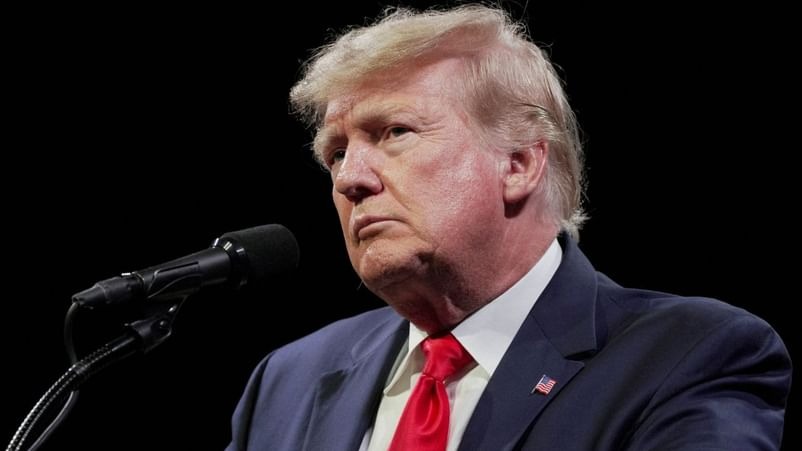
Washington: A federal judge on Saturday temporarily blocked the Trump administration’s attempt to deport Venezuelan migrants under the Alien Enemies Act of 1798, a law that has only been used three times in U.S. history, all during wartime.
Judge James E. Boasberg, Chief of the U.S. District Court for the District of Columbia, issued the ruling just hours after former President Donald Trump invoked the act to justify mass deportations of alleged Tren de Aragua (TdA) gang members.
“I do not believe I can wait any longer and am required to act,” Boasberg said, citing reports that the government had already begun flying migrants to El Salvador and Honduras under the order.
The ruling halts deportations for up to 14 days, with a follow-up hearing scheduled for Friday.
Trump Declares Venezuelan Gang an "Invading Force"
The move came after Trump, in a proclamation issued Saturday, declared that the Venezuelan gang Tren de Aragua was waging “an invasion” of the United States.
“Over the years, Venezuelan authorities have ceded ever-greater control over their territories to transnational criminal organizations, including TdA,” Trump’s statement read.
“The result is a hybrid criminal state that is perpetrating an invasion and poses a substantial danger to the United States.”
The order, which was secretly signed on Friday night, would allow the government to bypass standard immigration proceedings and immediately deport individuals suspected of gang affiliation.
Key implications of Trump’s order:
- Allows deportation without standard immigration hearings.
- Strips some legal protections for targeted individuals.
- Could set a precedent for future mass deportations, including against MS-13 and other gangs.
Legal Challenges and Immediate Court Action
The American Civil Liberties Union (ACLU) and Democracy Forward quickly filed lawsuits, arguing that:
- The Alien Enemies Act applies to recognized states, not criminal organizations.
- Trump’s interpretation expands executive power dangerously.
Boasberg initially blocked the deportation of five Venezuelan plaintiffs, but after reports emerged that the government had begun mass removals, he extended the ruling to all detainees under the order.
“A brief delay in their removal does not cause the government any harm,” Boasberg noted, ordering that any deportation flights already in the air be turned around.
Government’s Defense: A National Security Argument
Deputy Assistant Attorney General Drew Ensign argued that:
- The president has broad authority to designate threats under the Alien Enemies Act.
- The U.S. Supreme Court allowed wartime detentions under this law, even three years after World War II ended.
- Blocking the order could “cripple the executive branch” in responding to national security threats.
“This would cut very deeply into the prerogatives of the president,” Ensign warned.
What Happens Next?
Deportations halted for 14 days pending a court hearing on Friday.
Trump administration likely to appeal the decision.
Legal experts fear this could set the stage for mass deportations of other migrant groups, such as MS-13 members.
With immigration policy once again at the center of political and legal battles, this ruling marks a significant challenge to Trump’s aggressive deportation policies.

 Share
Share
_458360041_124x80.jpg)


